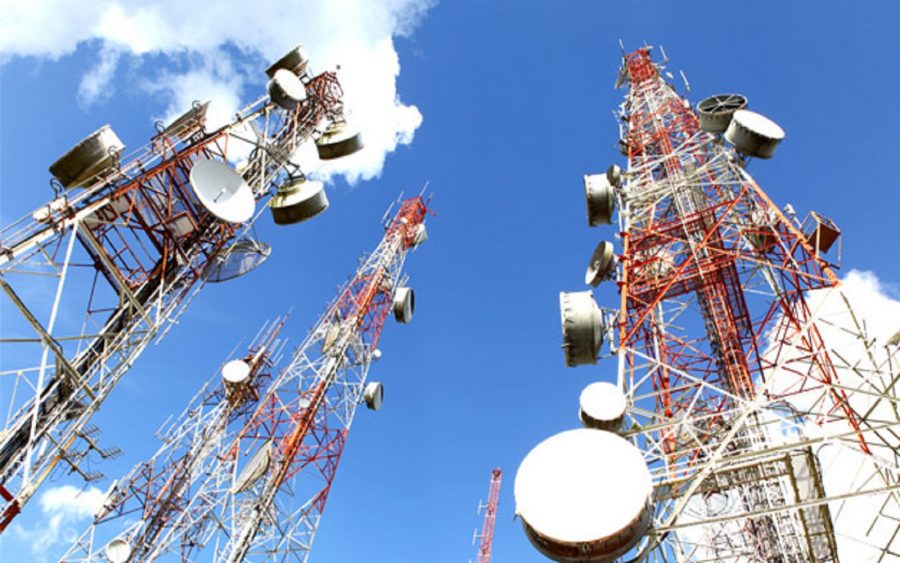The Senate has yesterday revealed plans to introduce a 9% communication service tax instead of the 2.2 increase in the Value added tax (VAT) being proposed by the federal government recently.
Accordingly, the Bill for an Act to establish the Communication Service Tax was formally introduced to the floor of the Senate yesterday and sponsored by former Senate Leader, Mohammed Ali Ndume.
While briefing Journalist shortly after the bill was introduced, Ndume argued the introduction of the new communication service tax may serve as a better way of distributing wealth in such a manner that will have less impact on a common man.
He further argued that increasing the VAT which was earlier proposed by the federal government will lead to a consequential increase in the general price of commodities of both goods and services in the market which will directly affect the common man.
The Communication Service Tax Bill provides that the rate of the tax is 9 per cent of the charge for the use of the communication service, while an extra one percent charge shall be used for social intervention programme.
Ndume further explained that is more dignifying to impose tax on the rich than generalising him on the same level with the poor, saying taxation should commensurate with people's spending.
“While the 2.2 per cent increase in the VAT affects all Nigerians, the 10 per cent Communication Services tax affects only those who could afford the use of GSM in the country, Ndume disclosed.
The Legislature pointed out that the inequality created in Nigeria has a direct bearing with the insecurity and criminality being experienced in Nigeria he said.
The bill partly reads, There shall be” imposed, charged payable and collected a monthly Communication Service Tax to be levied on charges payable by a user of an Electronic Communication Service other than private Electronic Communication Services.”
The Bill further stated that “The tax shall be levied on Electronic Communication Services supplied by Service Providers.”
“For the purpose of this clause, the supply of any form of recharges shall be considered as a charge for usage of Electronic Communication Service.”
Specifically, the Bill provided that the tax shall be levied on such Electronic Communication Services like Voice Calls; SMS; MMS; Data usage both from Telecommunication Services Providers and Internet Service as well as Pay per View TV Stations.
If the bill is passed, “The tax shall be paid together with the Electronic Communication Service charge payable to the service provider by the consumer of the service.”
“The tax is due and payable on any supply of Electronic Communication Service within the time period specified under sub-clause (5) of whether or not the person making the supply is permitted or authorized to provide Electronic Communication Services.”



















